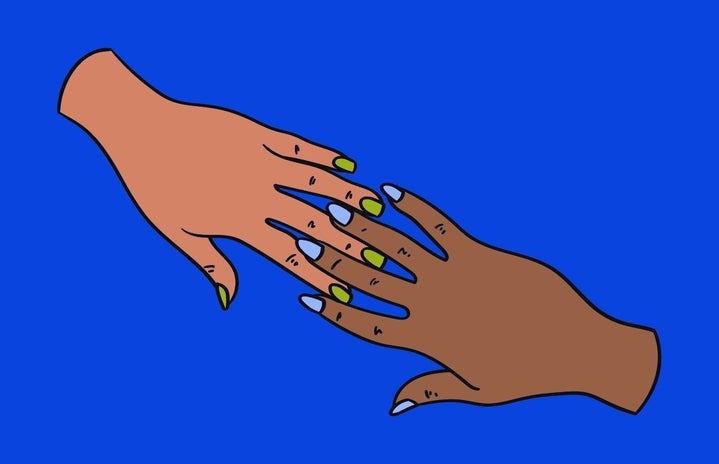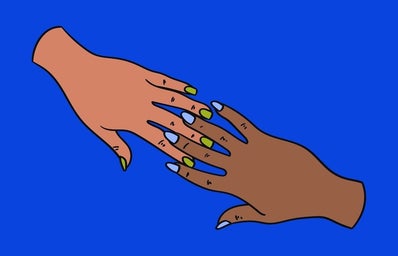By now, I’m sure we’ve all grown numb to the ignorant takes on colorism, race, and ethnicity from C-List celebrities, and the watered down apologies that usually follow. However, no matter how numb, each new situation invokes the feeling of pouring alcohol on a wound; we know it’s coming, and no matter how much we may brace ourselves, it stings nonetheless.
Dominican R&B singer Dani Leigh received backlash late last week for her new song, “Yellowbone,” after previewing the track on Instagram Live. Many Black women took offense to the song, using Twitter to express their distaste for the idealization of lighter skin, and to identify the countless flaws and errors made by Dani Leigh’s attempt at artistic expression.
For those of you who don’t know, a yellowbone is an term of African American Vernacular English used to describe both light skin black women, as well as women that are mixed with black who also have a light skin tone. Dani Leigh’s use of the word as a self identifier, in my opinion, is invalid and ineffective because she is not of the Black race. Ms. Danielle Leigh Curiel was born to Vicky and Vladimir Curiel, both of whom are white passing natives from the Dominican Republic. Not only does Dani Leigh’s lack of genetic connection to Black culture distinguish her use of “Yellowbone” as an unethical abuse of African American Vernacular English, but it also makes her vulnerable to colorism accusations.
Colorism is discrimination on the basis of skin tone. Subsequently, colorist ideals place those with lighter skin on a pedestal that those with darker skin will never be able to attain. Colorism has been and remains an issue within the black community. Due to being so far displaced from eurocentric beauty standards, Black women with dark skin have been deemed masculine and sometimes dehumanized due to not being found desirable. Meanwhile, Black women with lighter skin are fetishcized, tolerated despite any personality flaws, and even regarded as the ultimate trophy wife by some -key word, some- black men.
The implication of Dani Leigh’s, “Yellowbone” is that women with lighter skin are not only superior due to the color of their skin, but should be preferred and pursued over women with darker skin tones by men. Colorism as an ideal is both damaging and dangerous to the black community because it tells dark skin people that they will always come second in physical attractiveness to lighter skinned people, in turn creating division in a race that will always be unified in experiencing hatred from outside races.
So, no, Dani Leigh’s apology that used her love for a “chocolate man” and “melanin friends” as negators for her colorist and racist ideals will not suffice. Light-skin women do not need empowerment anthems for the same reason we do not, and will never need a White History Month.
If nothing else, I hope I leave you with the reminder that Danielle Leigh Curiel’s use of dark bronzer and box braids will never qualify her as a Black woman. In addition, it is my hope that Black people continue to tune out the noise of colorist and racial remarks similar to “Yellowbone,” and find the unwavering, mesmerizing beauty in each and every shade that we come in.



